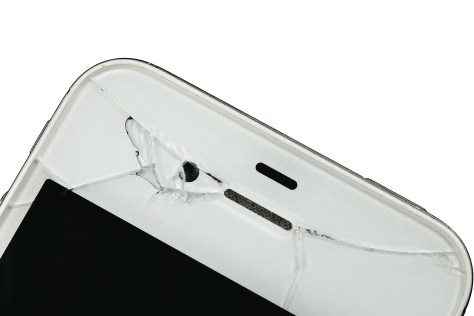
For the first time in ages, I was in the Bristol office every day this week. I don’t recall the last time I spent five days in the office in a row.
My use of JIRA and Confluence has been somewhat patchy over the last few months, so decided to reboot and refresh how I use both these tools in the planning and reporting of my work. I also want to be more structured in my writing for the blog. Though I am writing these weeknotes on a regular basis, I want to get more content and writing out there as well.
I was reading various articles and blog posts as part of my research on university operations and university spaces and campuses.
I have been reading the HEPI paper on Northampton University’s new Waterside campus.
The story of Northampton Waterside is one which reflects the many considerations and challenges which must be faced in such projects – and typically these pertain over at least a decade. Handling these issues effectively therefore requires clear governance and leadership.
Most universities have to grow and evolve their campuses, organically, in a way which is often not planned and usually dependent on a range of funding sources. Northampton were able to virtually start afresh.
There is a lot of press about the potential economic impact of a university failing. There was a letter in the Financial Times from Vanessa Wilson, Chief Executive of the University Alliance.
Robert Shrimsley’s piece on the crisis in higher education (Opinion, January 18) summarises the financial challenges facing universities in England well. There’s something missing however in the conversation about the value of universities, which too often only focuses on our sector being “world leading”. If a university were to fail, it would not be the international status that would be missed. The impact would be most keenly felt on the economy and services in that university’s region. The regional loss for NHS staff, engineers, architects and designers would have a tangible impact on real lives. So too, the loss of the support universities provide to local businesses and the student start-ups and research spinouts that attract investment to local areas. Yes, our university sector is world leading, but it is also so, so much more than that.
There was this interesting comment from the Twitter.
A university closing in a British city might have a similar impact on the region to the closure of Tata Steel in Port Talbot.
Though we’ve not seen a major university fail in this way, the priority when smaller institutions have fallen by the wayside was always about the students and ensuring that they could complete their programmes of study. As for the actual institution, the staff, and the wider community, well there probably would be minimal help for them, and that would have a detrimental impact on the local community.
In a couple of weeks I have my Q2 review. As always, these notes come in useful for writing up that review. I also write my review in a Word document before then pasting into the HR system. I am glad that I did
Wrote up the Intelligent Campus workshop I did a few weeks back.
The challenge for many universities is using data for making better use of their physical campuses. We recently published a guide and a blog post on building the intelligent campus.
The pandemic changed the whole concept of the campus. From being a physical hub for staff and students, the campus is becoming more of a platform for extending teaching and learning. As a consequence, the importance of data analytics to enhance the learner experience is increasing. Thanks to technologies like 5G and the IoT, the collection and analysis of vast amounts of data already enables meaningful actions to be taken faster.
Universities across the country are looking for help and support in developing and enhancing their campuses. Their primary objectives are about improving and enhancing the student experience, but up there are secondary objectives such as efficiency, improved space utilisation, reducing their carbon footprint, and using their spaces more effectively.

Thinking about problems and solutions this week. Often people will start trying to work on a solution for a problem. When we don’t know what the problem space really is. We really need to understand what the problem is before we start proposing what the solution is.
Sometimes the problem is not what we think it is.
I am reminded of this blog post I wrote six years ago about the problem of people not using the VLE.
So if you want to increase use of the VLE, we approach the problem by thinking how we can get people to use the VLE, use it more and use it in different ways. By looking at things differently, using the VLE stops being the problem you are trying to solve, but the solution to a different problem.
So what was the problem or challenge, well in the article I wrote this.
The challenge can be that learners want to have access to a range of materials, resources, activities and conversations at a pace, time and place that suits them on a device of their choosing.
When you start to focus on the solution and see that as being a problem that needs to be solved, then you are going down the wrong road.


























